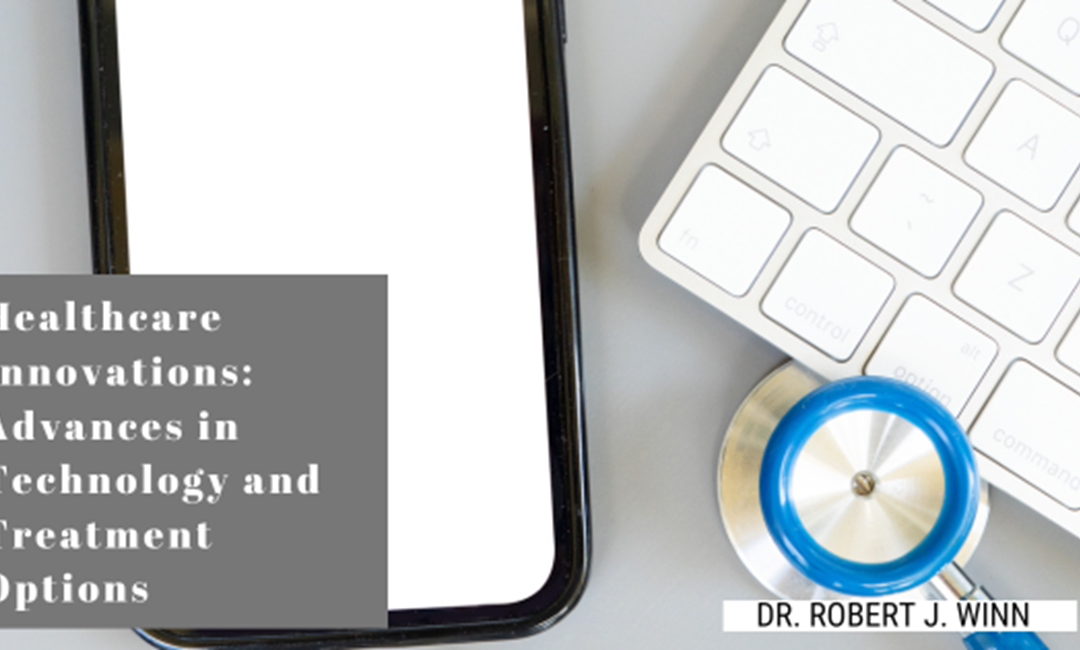In recent years, the healthcare industry has experienced a wave of innovation driven by advancements in technology and treatment options. From cutting-edge medical devices and telemedicine solutions to breakthrough therapies and precision medicine approaches, these innovations are transforming the way healthcare is delivered and improving patient outcomes. Let’s explore some of the most exciting healthcare innovations and their potential to revolutionize the field:
Telemedicine and Virtual Care: Telemedicine and virtual care have emerged as game-changers in the healthcare industry, particularly in light of the COVID-19 pandemic. These technologies enable patients to access medical care remotely, through video consultations, secure messaging, and remote monitoring tools. Telemedicine offers numerous benefits, including increased access to care, reduced healthcare costs, improved patient convenience, and enhanced continuity of care. As telemedicine continues to evolve, it has the potential to expand access to healthcare services and improve health outcomes for individuals around the world.
Artificial Intelligence (AI) and Machine Learning: Artificial intelligence (AI) and machine learning are revolutionizing healthcare by enabling more personalized, efficient, and accurate diagnosis and treatment. AI algorithms can analyze large volumes of medical data, including patient records, imaging scans, and genetic information, to identify patterns, predict outcomes, and guide clinical decision-making. AI-powered diagnostic tools, such as computer-aided detection systems and predictive analytics platforms, can help healthcare providers detect diseases earlier, tailor treatment plans to individual patients, and improve overall patient care.
Precision Medicine: Precision medicine, also known as personalized medicine, takes into account individual variability in genes, environment, and lifestyle to customize medical treatment and improve patient outcomes. By analyzing a patient’s genetic makeup, biomarkers, and other factors, healthcare providers can identify the most effective treatments for specific conditions and tailor therapies to each patient’s unique needs. Precision medicine has the potential to revolutionize the treatment of cancer, rare diseases, and other complex conditions, leading to more targeted therapies, fewer side effects, and better treatment outcomes.
Robotics and Minimally Invasive Surgery: Robotics and minimally invasive surgery techniques are transforming the field of surgery by enabling more precise, less invasive procedures with shorter recovery times and fewer complications. Surgical robots, equipped with advanced imaging and robotic arms, allow surgeons to perform complex procedures with greater precision and control, leading to better outcomes for patients. Minimally invasive techniques, such as laparoscopic and endoscopic surgery, reduce trauma to surrounding tissues, minimize scarring, and speed up recovery, allowing patients to return to normal activities more quickly.
Digital Health Technologies: Digital health technologies, such as wearable devices, mobile apps, and remote monitoring tools, are empowering patients to take control of their health and engage in proactive self-care. Wearable fitness trackers, smartwatches, and health monitoring apps allow individuals to track their physical activity, monitor vital signs, and manage chronic conditions in real-time. Remote monitoring devices enable healthcare providers to monitor patients’ health status remotely, detect early warning signs, and intervene before problems escalate. These technologies promote patient engagement, improve adherence to treatment plans, and enable more personalized, patient-centered care.
In conclusion, healthcare innovations driven by technology and treatment options are revolutionizing the way healthcare is delivered and improving patient outcomes. From telemedicine and artificial intelligence to precision medicine and robotic surgery, these advancements are transforming every aspect of the healthcare industry, from diagnosis and treatment to patient engagement and remote monitoring. As technology continues to evolve, the future of healthcare holds tremendous promise for improving access to care, enhancing treatment efficacy, and, ultimately, saving lives.


